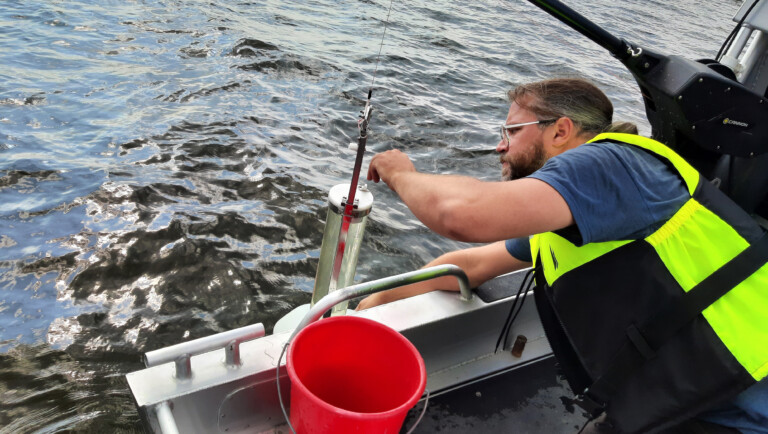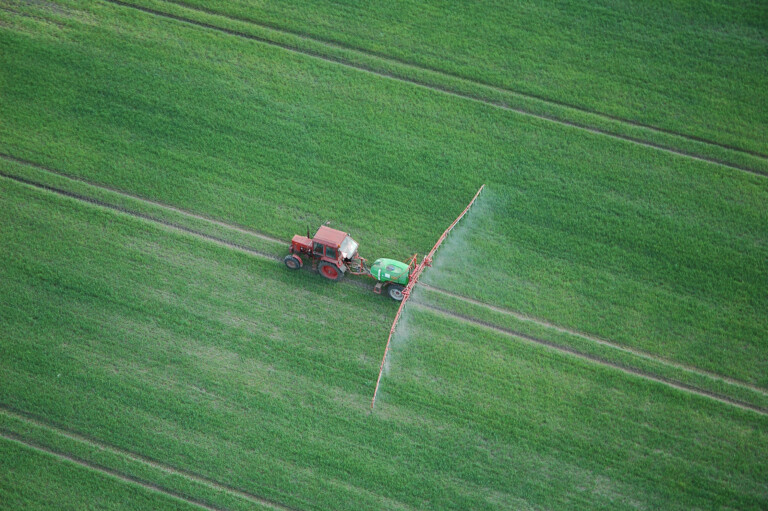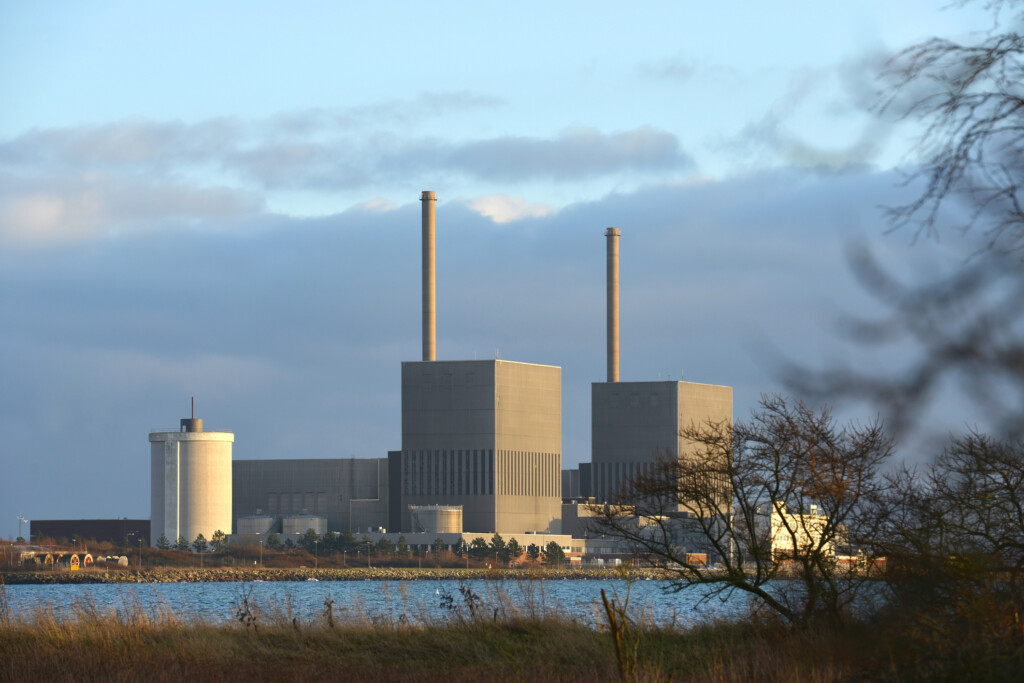Biodiversity
No clear links between environmental toxins and preeclampsia

Nearly four years ago, Extrakt reported that researchers were determining whether endocrine disruptors could increase the risk of preeclampsia. So, what was the outcome? Fortunately, the researchers found no link between environmental toxins and preeclampsia.
Prenumerera på Extrakts nyhetsbrev!
Läs mer
Håll dig uppdaterad! Få kunskapen, idéerna och de nya lösningarna för ett hållbart samhälle.
Personal data is stored only for the mailing of Extrakt newsletters and information related to Extrakt’s operations. You can cancel the newsletter at any time, which means you will no longer receive any emails from us
When a pregnant woman has high blood pressure and protein in her urine, it is called preeclampsia. The disorder is caused by the pregnant woman’s increased sensitivity to substances from the fetus and placenta. In a completed project, researchers at Lund University have looked more closely at whether exposure to endocrine-disrupting toxins can increase the risk of developing preeclampsia. And the results are welcome.
“Our study showed no clear correlation between the levels of fluorinated substances in the blood of the mother early in pregnancy and the risk of developing preeclampsia,” says Lars Rylander, professor in the Division of Occupational and Environmental Medicine, Lund University.
Fluorinated substances have been analysed
Rylander and his colleagues have reviewed a biobank containing serum samples taken in early pregnancy from Scanian women who gave birth in 1989 or later. The endocrine-disrupting toxins primarily analysed were fluorinated substances, meaning water-repellent substances used in materials like Gore-Tex or phthalates used as plasticizers in plastics.
Fluorinated substances enter our bodies in several ways, mainly through food. Currently, he thinks that the science does not strongly support any reason for worrying that these substances will carry a higher risk of developing preeclampsia.
“Although there are a couple of smaller studies that have found correlations, I don’t believe they give any cause for concern. But this applies to preeclampsia, mind you, and not other risks and diseases.”
More substances to be studied
The second part of the study, which addresses how levels of phthalates, vitamin D and paracetamol in early pregnancy are linked to the risk of developing preeclampsia, is still ongoing.
Work on identifying the risks of environmental toxins is also continuing.
“There are a number of studies underway that look at the effects of extremely high exposures to fluorinated substances on the risk of developing a variety of diseases, including preeclampsia. These studies involve a population in Blekinge that, through the drinking water, ingested elevated levels of these substances.”








